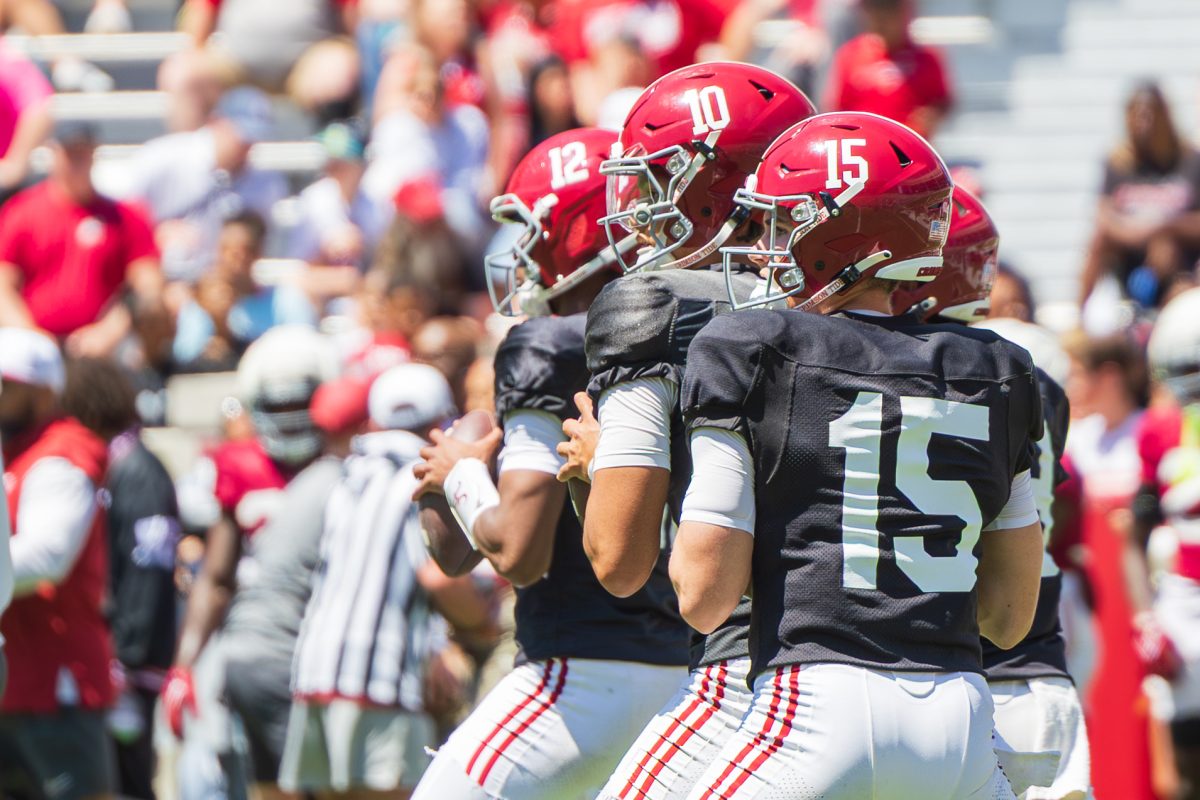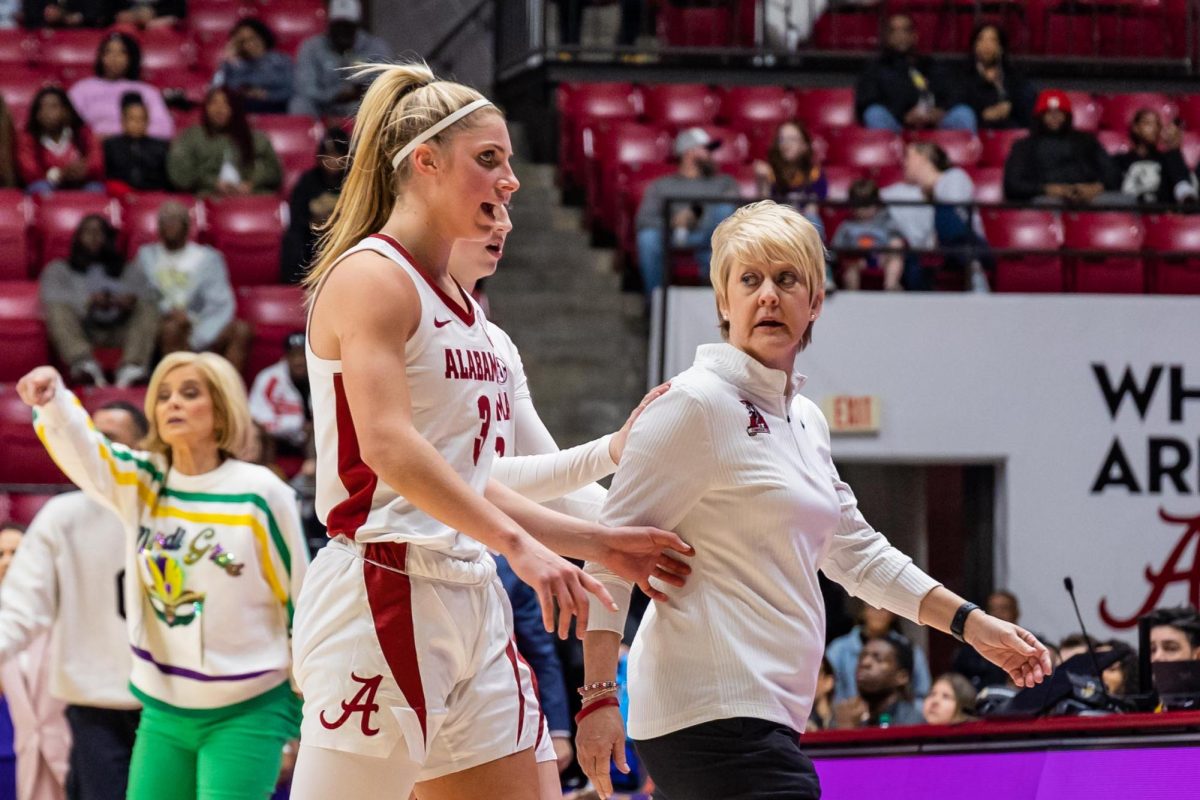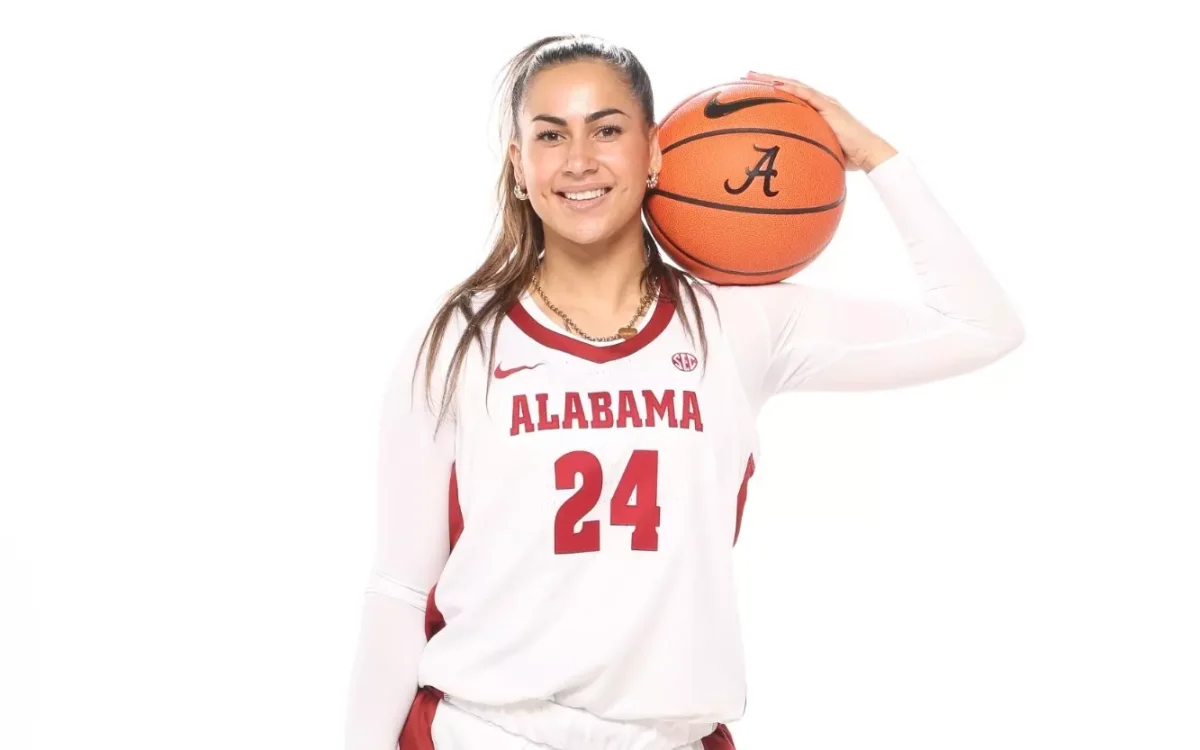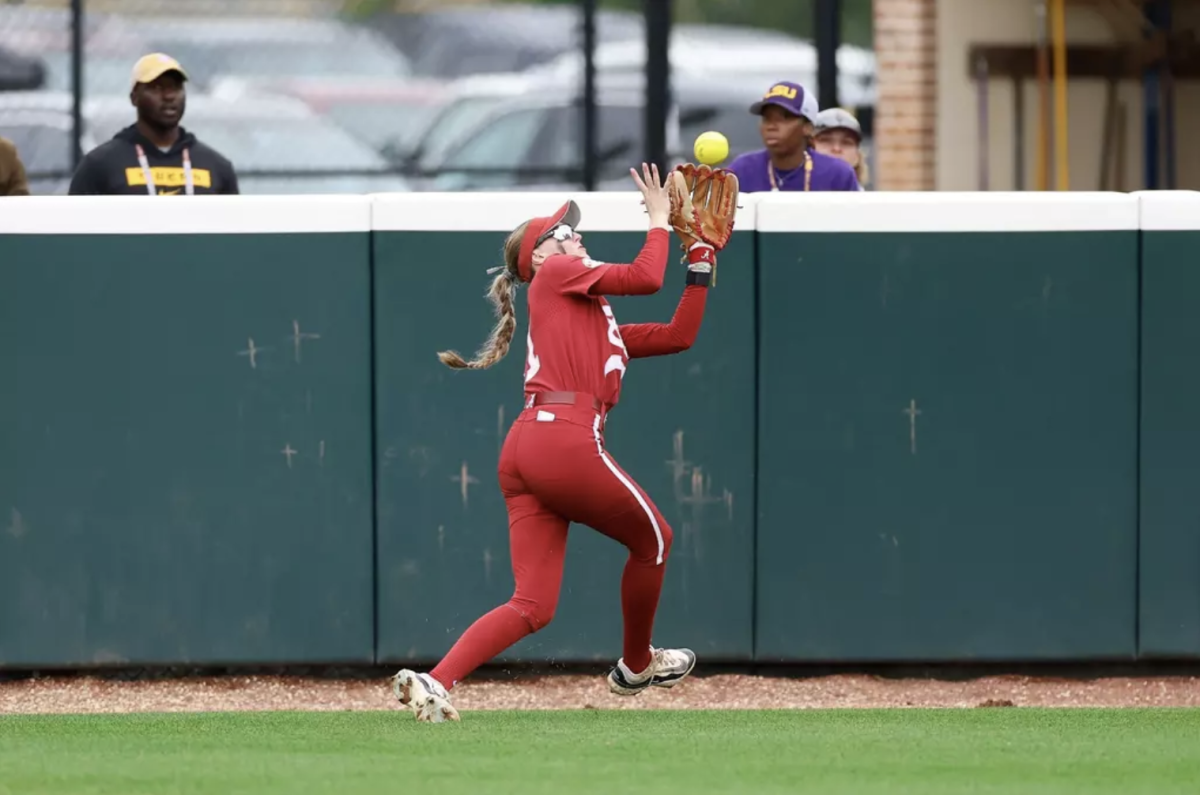My dad watched Henry Aaron’s 715th home run on television in a fifth-floor common room in Paty Hall that may or may not still exist. When he recalls that night, he says the room erupted after the ball dropped over Bill Buckner’s head.
Most likely, they had the Atlanta, Ga., broadcast, with Milo Hamilton’s call, but every time my dad talked about it, it sounded much more like Vin Scully’s: “What a marvelous moment for baseball. What a marvelous moment for Atlanta and the state of Georgia. What a marvelous moment for the country and the world. A black man is getting a standing ovation in the deep South for breaking a record of an all-time idol. And it is a great moment for all of us, and particularly for Henry Aaron.”
Forty years later, and I’m sitting in a room at Ridgecrest East with a view of Paty, and reliving that moment is as close an approximation as I can muster.
When you grow up as a sports fan, you begin to develop “memories” of things you couldn’t possibly remember. Things that you never actually saw. Things that happened 20 years before you were born, for example. When you grow up as an Atlanta Braves fan and the son of an Atlanta Braves fan in Mobile, Ala., you end up with a very specific set of unremembered recollections, many of them centered on Henry “Hank” Aaron.
The Hammer, though I never saw him play, has been a lot of things to me through the years. My hometown Mobile Baybears play in Hank Aaron Stadium, site of my earliest sports memories and memories with my father. Aaron’s boyhood home is preserved there, a simple three-room house-turned-monument to show progress from humble beginnings.
Aaron, though he has lived long in Atlanta, is a symbol of now-forgotten civic pride for me. I think Mobilians see a lot of their hometown in Aaron. Humble beginnings, a little undersized, long disrespected and full of potential. The difference, of course, is that Aaron fulfilled his, while Mobile is still trying. Aaron’s time has passed, now, of course. Some locals think the city hasn’t been the same since the Hammer retired.
My father, who followed the Braves when Aaron played in Atlanta, used to tell a lot of stories about Hank Aaron. He used to talk about his relentless work ethic, about his arm strength, his workouts, his determination and his calmness in the face of adversity. Aaron became one of many paragons of virtue to me and one of several athletes my dad taught me to emulate. His reputation basically spotless, Aaron worked hard to become one of the greatest of all time and, to quote Bud Selig, “what you hope an icon will be, but often isn’t.”
Depending on your perspective, Aaron may or may not be “baseball’s true home run king.” I’m not here to talk about steroids or Barry Bonds or the Hall of Fame. I do know that 715 meant a lot of things to a lot of people and was a remarkable achievement in the face of death threats, a waning career and vitriolic racism.
When I play that home run back on my laptop, all of my roommates, all 20-somethings and lifelong baseball fans, stop in their tracks, minds sent back to a memory from 20 years before we were born.








